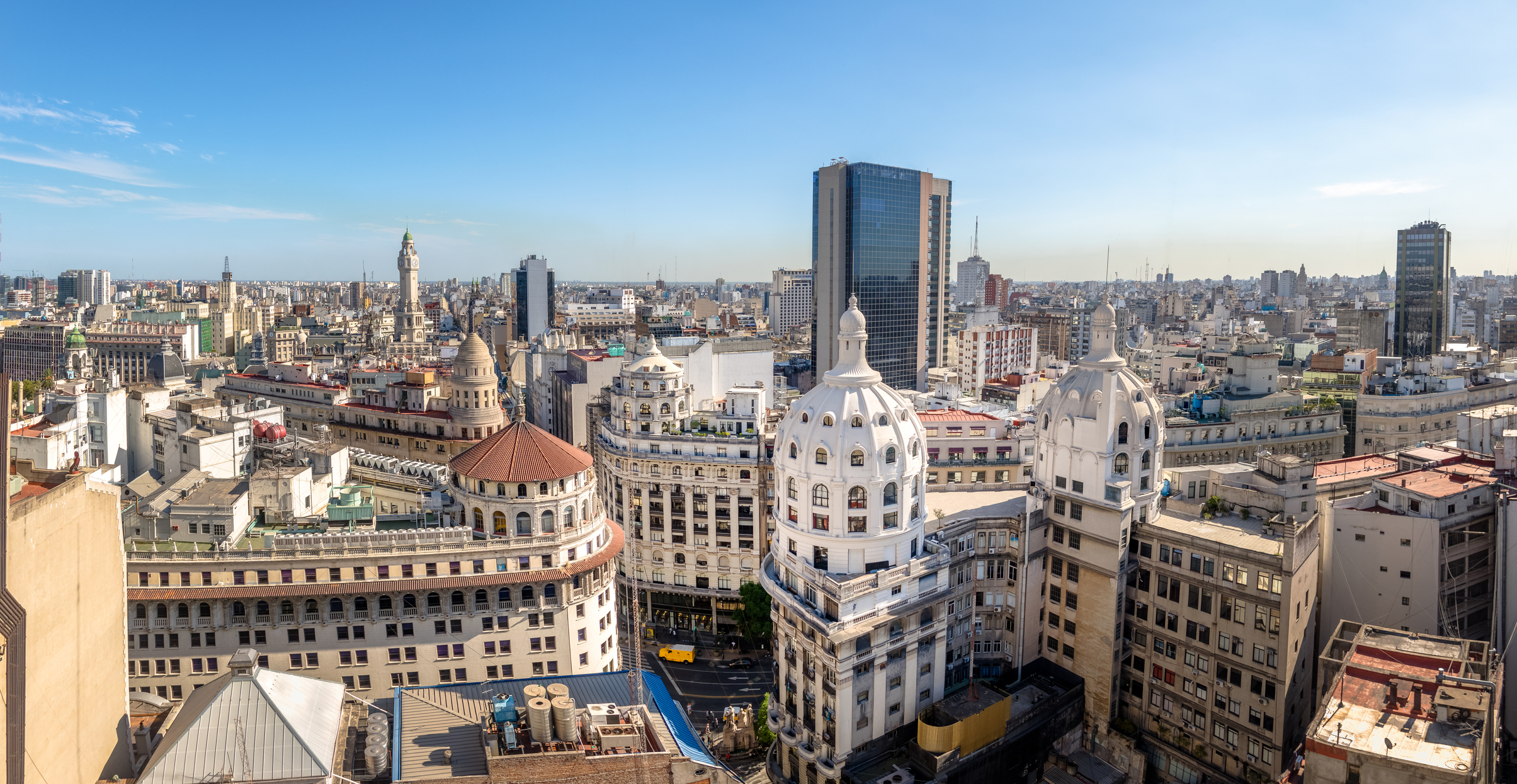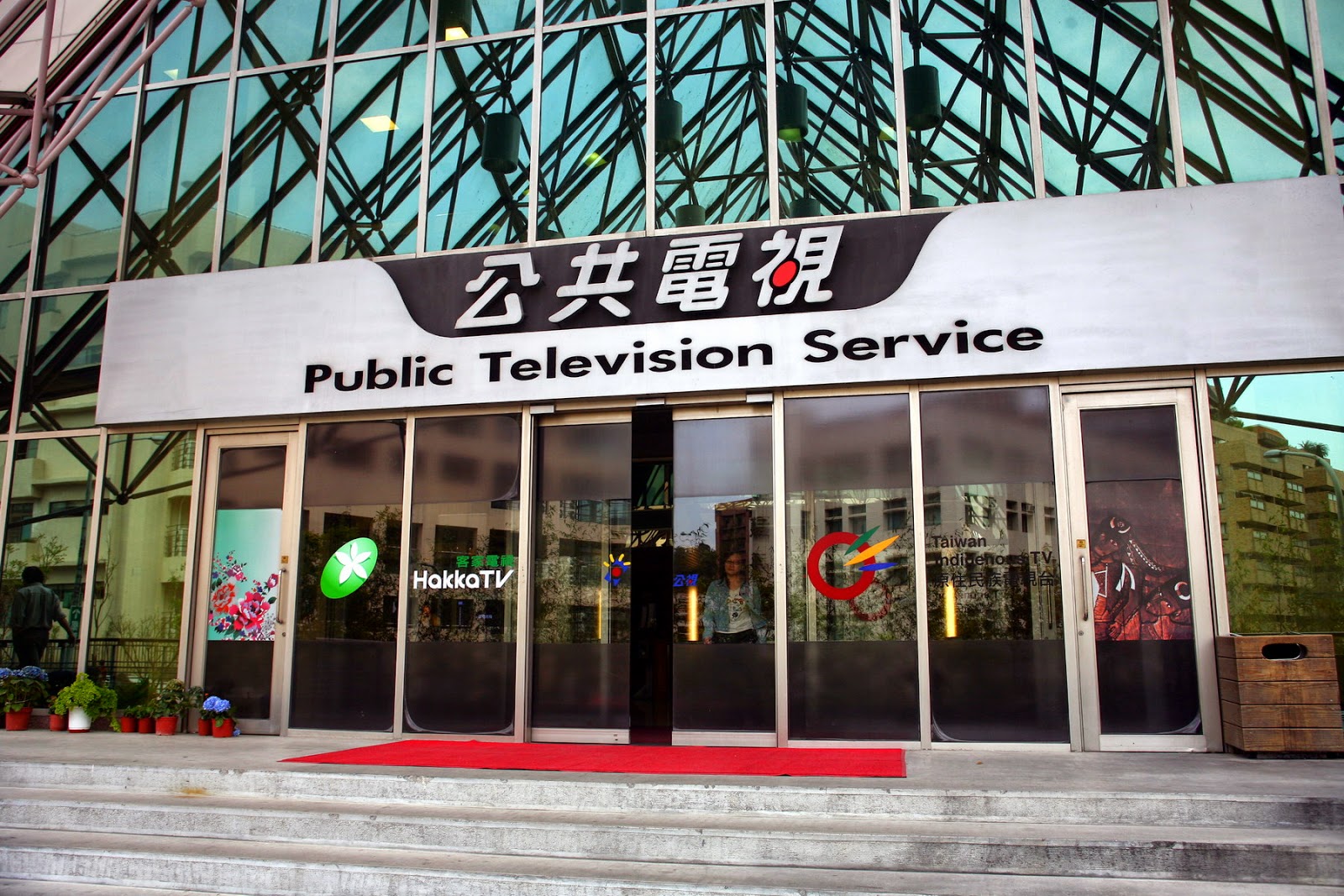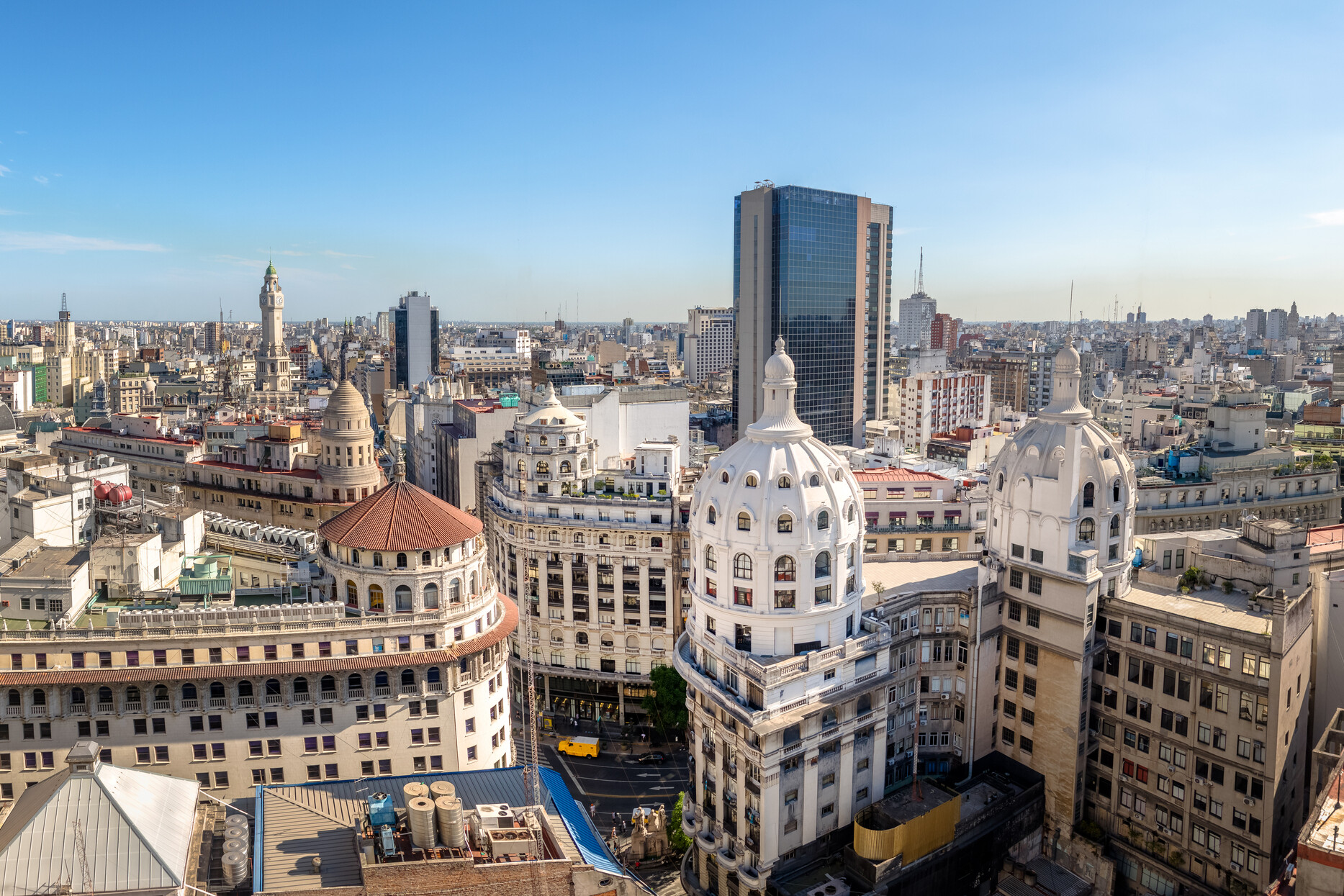Increased pressure on public media in Argentina
18th January 2024
Tensions have been rising lately for public media in Argentina, as federal police forces were placed at the doors of public media companies and the government announced its possible privatisation.

IN BRIEF:
- In December, Argentina’s new President announced his “chainsaw plan” to deregulate the economy of the country and revoke 350 regulations, among which some would impact the future of public media.
- The media businessman Juan Cruz Avila attempted to take control of public media, but failed.
- Police forces were installed at the entrances to the headquarters of the Télam Agency, Public Television and National Radio.
- Press unions called it intimidation and threat to freedom of expression.
IN FULL:
– By Charlotte Pion
The climate for public media has been tense in the months following the appointment of the populist Javier Milei as new President of Argentina.
Shortly after his institution, Mr. Milei announced an Urgency and Necessity Decree (DNU), in order to force the economic deregulation of the country. Unlike other regular decrees put forward by the National Council of Argentina, the DNU enables the President to put regulations into force with immediate effect, without the Congress’ approval. The decree could have severe consequences for the public media system, but its legality has been called into question.
In addition, there have been attempts from private media leaders to take control of the country’s public broadcasting network, while police have also been installed at the entrances to public media offices.
The Urgency and Necessity Decree
The decree, effective from December 21, modified or revoked over 350 regulations. Among other points, the measures designed by Mr. Milei and his Minister of Economy, Luis Caputo, also included the conversion of various state-owned companies into joint-stock companies, in order to facilitate their privatisation.
The decree also concerned public media, and more particularly its privatisation along with other public institutions. The Buenos Aires Press Union (Sipreba) rejected the DNU, describing it as “illegal, illegitimate and unconstitutional”.
“In no case can the public function performed by public media be replaced by commercial companies founded on profit and business. [It is] incompatible with the fundamental right to freedom of expression and communication contained in article 13 of the American Convention on Human Rights.” indicated the Sipreba in a statement.
Read more: Argentina: PMA calls on Milei to protect public service media
However, the legality of the DNU has been scrutinised. Constitutional lawyers have argued that the DNU did not meet the requirements of the Argentine National Constitution, remarks that were also supported by the Sipreba. According to experts, Milei had exceeded his powers, encroaching on the Congress’s competencies, and had not received Supreme Court approval. “In the absence of exceptional circumstances that make it impossible to follow the ordinary procedures foreseen for the passing of laws, and insofar as the Executive Branch may not in any case issue legislative provisions, the decree is absolutely and irrevocably null and void”, declared the Sipreba in reaction to the DNU.
In January 2024, The Argentine Federation of Press Workers (FATPREN) presented a protection plan in defence of the public media to stand firm against the DNU and the threat it represents to the existence of public media in Argentina. Together with the Sipreba, they brought to the Federal Administrative Litigation Court an injunction against the DNU, in which they denounced “the unconstitutionality” of the decree and the incompatibility of the “conversion into lucrative media companies that fulfil a public function” that were “a guarantee of information sovereignty.”.
They also argued that “The attempt to convert media that fulfil a public function into lucrative companies and thereby guarantee access to communication, in turn, harms the right to freedom of expression and the obligations of the State in public dissemination,”.
Listen toour podcast
Uncovering and exploring the biggest
issues facing public media
A failed attempt
In addition to the climate of uncertainty brought about by the DNU, Argentine public media has alos been vulnerable to attempts to take over the control of their organisations.
On 12 January, news about an agreement between Juan Cruz Ávila – a media businessperson and currently the Head of Content for the private broadcasting companies ESPN and LN+ – and Juan Pablo Maglier, spokesperson for the exhibition centre “La Rural”, broke in the press. According to LPO, Mr. Ávila allegedly managed to convince President Milei to appoint Mr. Maglier as controlling director of all public media institutions. However, the deal broke after a few hours, as the government considered placing a lawyer in this position instead, to take the lead on personnel budget reductions, as a crucial step towards privatising the companies and making them more attractive.
The LPO report suggested that Mr. Ávila was primarily motivated to contribute to the Milei administration’s objective of simplifying and privatising public institutions, while also having an eye on the public TV station, Channel 7 which has the rights to the Copa América.
Allegations also suggested that Mr. Ávila is interested in another belonging of public media: a highly sought-after piece of land owned by the Televisión Publica, in one of the most expensive areas of Buenos Aires. The half-abandoned site would be evaluated to several hundred million dollars, due to its location and size.
“Public media have the role of guaranteeing the right to information, plurality of voices and federalism, as well as issues of public interest free of charge in all corners of the country.” – Buenos Aires Press Union
Acts of intimidation
Beside the threats of privatisation, there has also been a climate of hostility, after Federal Police forces, with troops and vehicles, were installed at the entrances to the headquarters of different public media companies.
“Surprising and inexplicable” were the words of the Bernada Llorente, president of Télam board of directors, when he described the situation.
The event sparked a wave of protest among press unions, who accused the government of establishing a hostile climate for media workers and threatening freedom of expression.
“This intimidation attacks freedom of expression and the normal functioning of the media,” said the General Secretary of Fatpren Carla Gaudensi, in statements to FM La Patriada.
On the other hand, Sipreba called for an open radio station on Tuesday 16 January at 1 p.m. in defence of Radio Nacional, with the slogan “Without public media there is no democracy.”
The Buenos Aires Press Union also released a statement, saying that “This surprising act, which does not correspond to the climate in which a media outlet should work, takes place in a context of economic austerity for workers and the discussion of a bill sent by the national executive branch, which promotes the transfer of our companies to public limited companies for possible privatisation”.
“Therefore, it can [only] be read as intimidation and represents a threat to freedom of expression. Public media have the role of guaranteeing the right to information, plurality of voices and federalism, as well as issues of public interest free of charge in all corners of the country. We therefore defend their social role and their public character”.
✖️ Con @Canal7SiPreBA @somostelam y @SiprebaRNA repudiamos la presencia policial frente a TV Pública, Télam y Radio Nacional.
Nos preocupa el clima de violencia que provocan estos hechos, su impacto en la libertad de expresión, en el derecho a la comunicación y en la democracia. pic.twitter.com/YaiPGUkef4— SiPreBA – Sindicato de Prensa de Buenos Aires (@sipreba) January 15, 2024
After the backlash provoked by the police deployment in front of one of the headquarters of public media, the presidential spokesman Manuel Adorni, played down what had happened and said that it was only “a patrol car that verified that there was no abnormality” and described the event as “inconsequential”. National deputy Sergio Palazzo denounced that “they want to intimidate and silence the voice of the press in the public media”.
Related Posts
12th January 2024
Tensions and election prove a test for Taiwan media
Taiwan is in the spotlight ahead of an…
20th December 2023
New management at TVP as former gov’t leaders stage sit-in
Politicians of the Poland’s former…
21st November 2023
Argentina: PMA calls on Milei to protect public service media
The Public Media Alliance urges Javier…
6th November 2023
The precarious future of public media in Argentina
Amid elections in Argentina, the fate…




